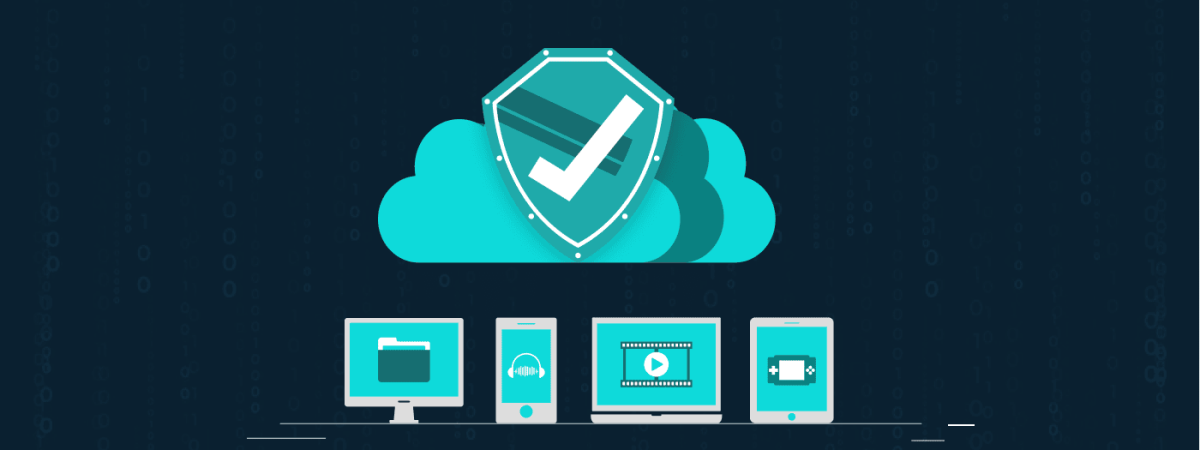Cloud-based data services offer businesses a great value proposition, including IT cost efficiency, convenient access, and disaster recoverability. But it’s always important to take a close look at any risks. These data systems are powerful technology offering excellent business value.
It is crucial to ensure that the data you upload to the cloud service is secure and won’t be breached. The right cloud service can keep your data safe and private. However, you must follow other factors and preventive measures for better cloud asset management.
6 Steps to ensure the safety of your digital assets in the cloud
Below are the steps you must follow to ensure the safety of your data in the cloud system:
1. Read the fine print
It is critical to understand precisely what your asset management system is selling you. It should include strong encryption, reliable data backup, and continuous and transparent security monitoring. Learn where your data physically exists.
Examine closely what happens when servers go down and the backup plan. In addition, ensure you own your data. If need be, have your contract and terms of use conditions reviewed by a lawyer.
2. Train employees
Even if you’re a company with few employees, you should have an electronic security policy. Remember, you’re only as strong as your weakest link regarding digital security.
Every employee should know their responsibilities to ensure all access points are secure. Make sure employees are smart about phishing scams and other threats.
Use screen locks for phones and tablets. Ensure work phones are not loaded with unnecessary apps. Have SOPs for security breaches so they can be contained and managed quickly. Keep employee access records current and immediately eliminate former employees’ accounts.
3. Keep administrator accounts secure
Make sure these accounts have strong, unique passwords. Don’t use the password for your asset management software for anything else. Enable two-factor authentication for admin accounts. Consider using a password manager such as LastPass. Know who has access to what and keep it on a need-to-know basis.
4. Always ensure your network security is up to snuff
It may seem obvious, but you must ensure your hardware is secure before worrying about what’s happening in the cloud. Use recommended antivirus and antispyware programs to protect your network from attacks.
Again, this protocol follows the idea that you’re only as strong as your weakest link. It includes physical security and pertains to both your on-site and remote access devices.
5. Do your backups. Always plan for the worst-case scenario
Your cloud-based service provider should ensure a backup of your data, but there’s no excuse for not backing it up yourself locally. Have a regular backup schedule and stick to it.
6. Keep updated
Always perform recommended software updates for all programs. This will ensure you receive the latest security updates. Do this for your operating systems, antivirus software, and anything else you use to connect to the web.
You’ll have secured your cloud-based digital asset management software by following these steps.
Share this article
About the Author
Rebecca James is an IT consultant with forward thinking approach toward developing IT infrastructures of SMEs. She writes to engage with individuals and raise awareness of digital security, privacy, and better IT infrastructure.
More from Rebecca JamesRelated Posts
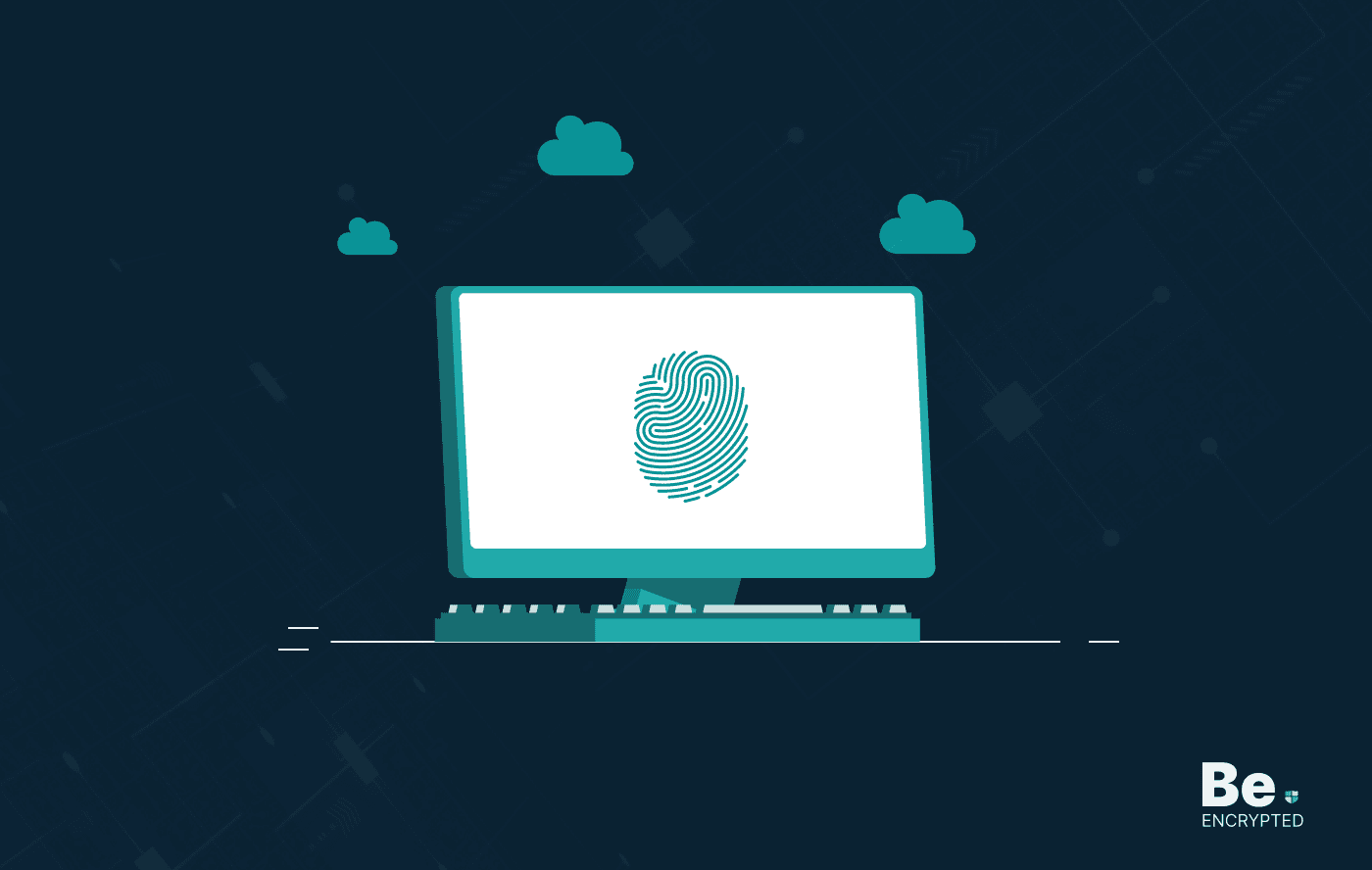
19 Best Vulnerability Management Software or Tools in 2024
KEY TAKEAWAYS Vulnerability management tools scan and detect weaknesses within the network that hac...

How to Detect, Identify and Fix Packet Loss with Best Tools
KEY TAKEAWAYS Packet loss reduces the speed and amount of data that flows through the network. This ...
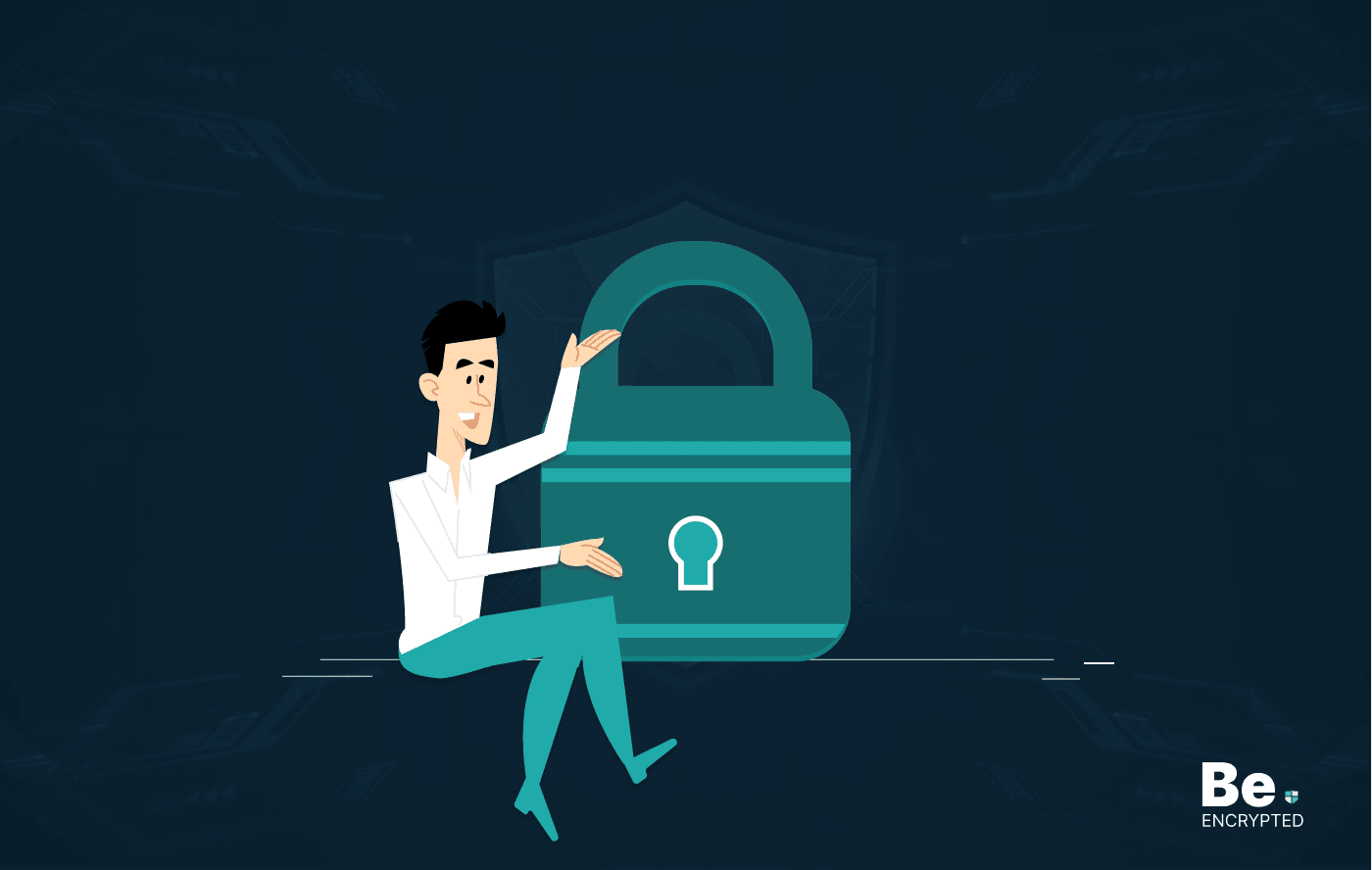
15 Best Network Security Software – Top Pick Of Organizations
KEY TAKEAWAYS Network security software keeps the data secure and blocks malicious or potentially vu...
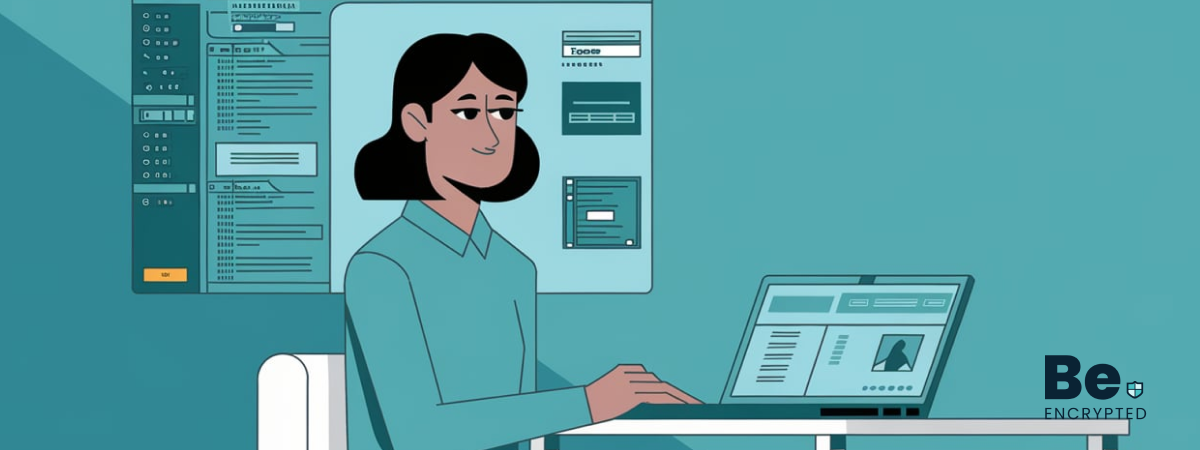
15 Best Virtual Machine Software for Windows in 2024
KEY TAKEAWAYS Virtual machine software is a vital tool for developers to deploy VM software to test ...
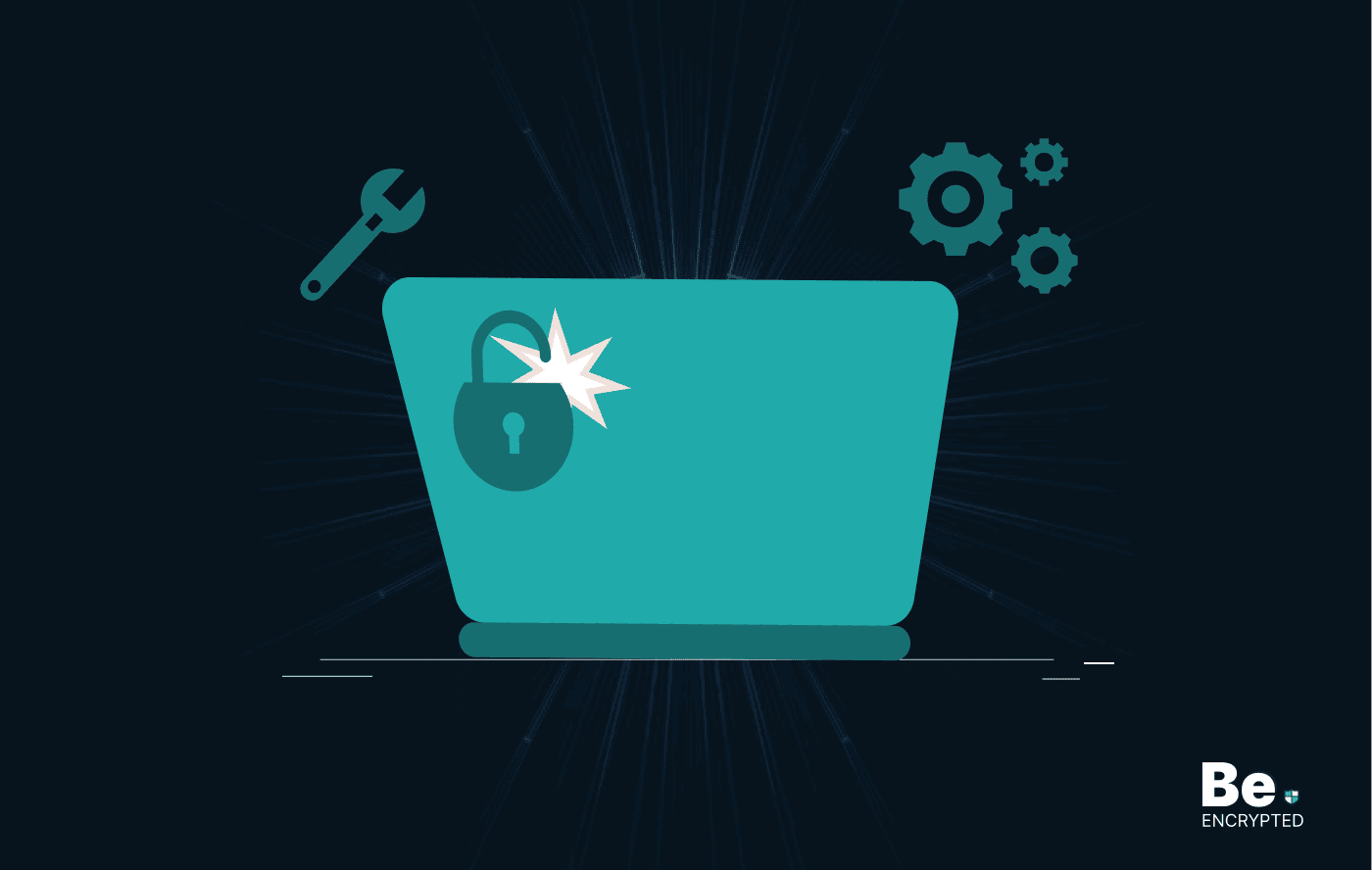
What is Software Deployment: Risks and Best Practices
KEY TAKEAWAYS Software deployment is facing various security risks amidst the advancements in the in...
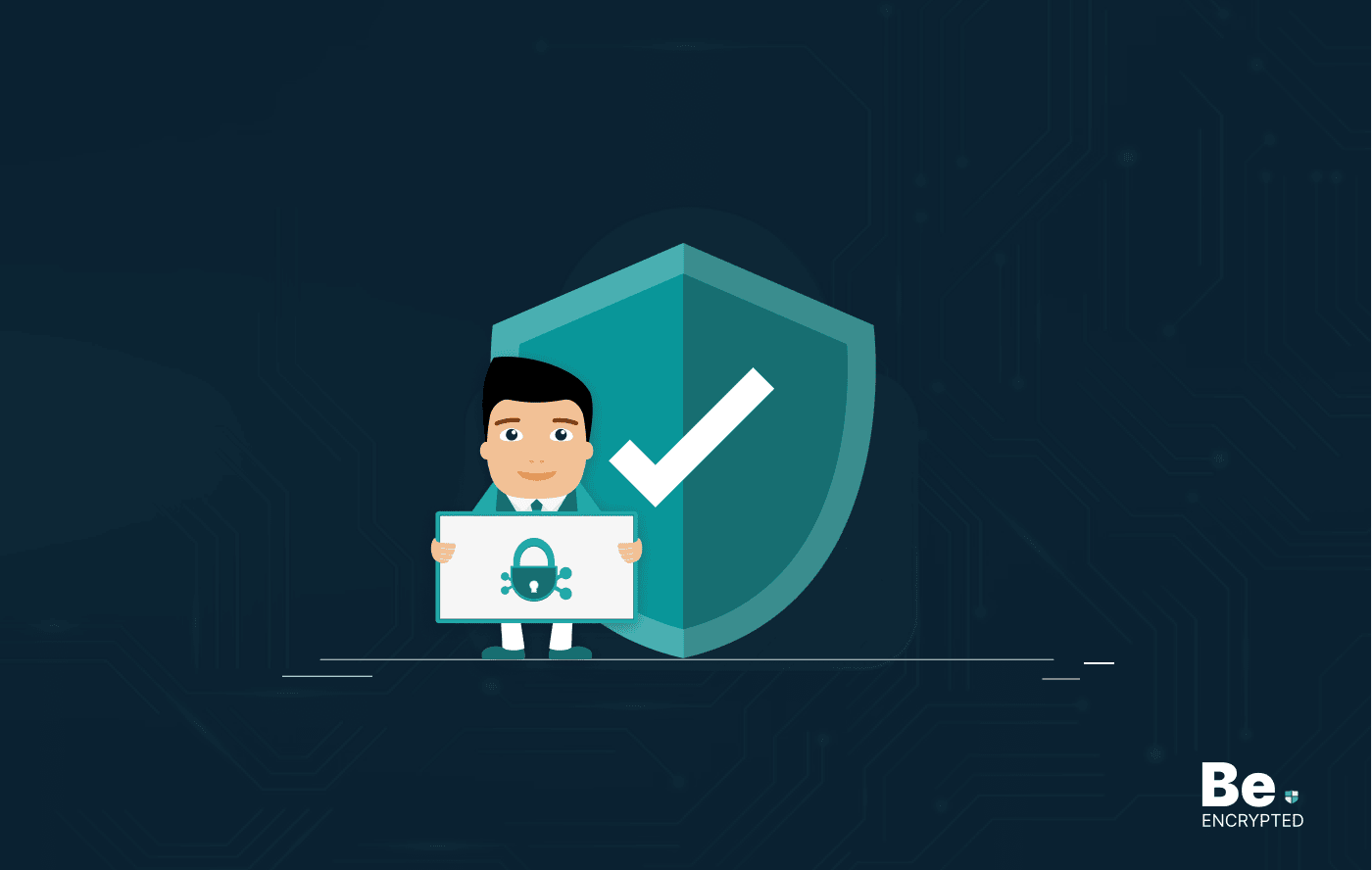
Building Encryption into the Network Fabric with SASE
A network fabric is a mesh of connections between network devices such as access points, switches, a...
